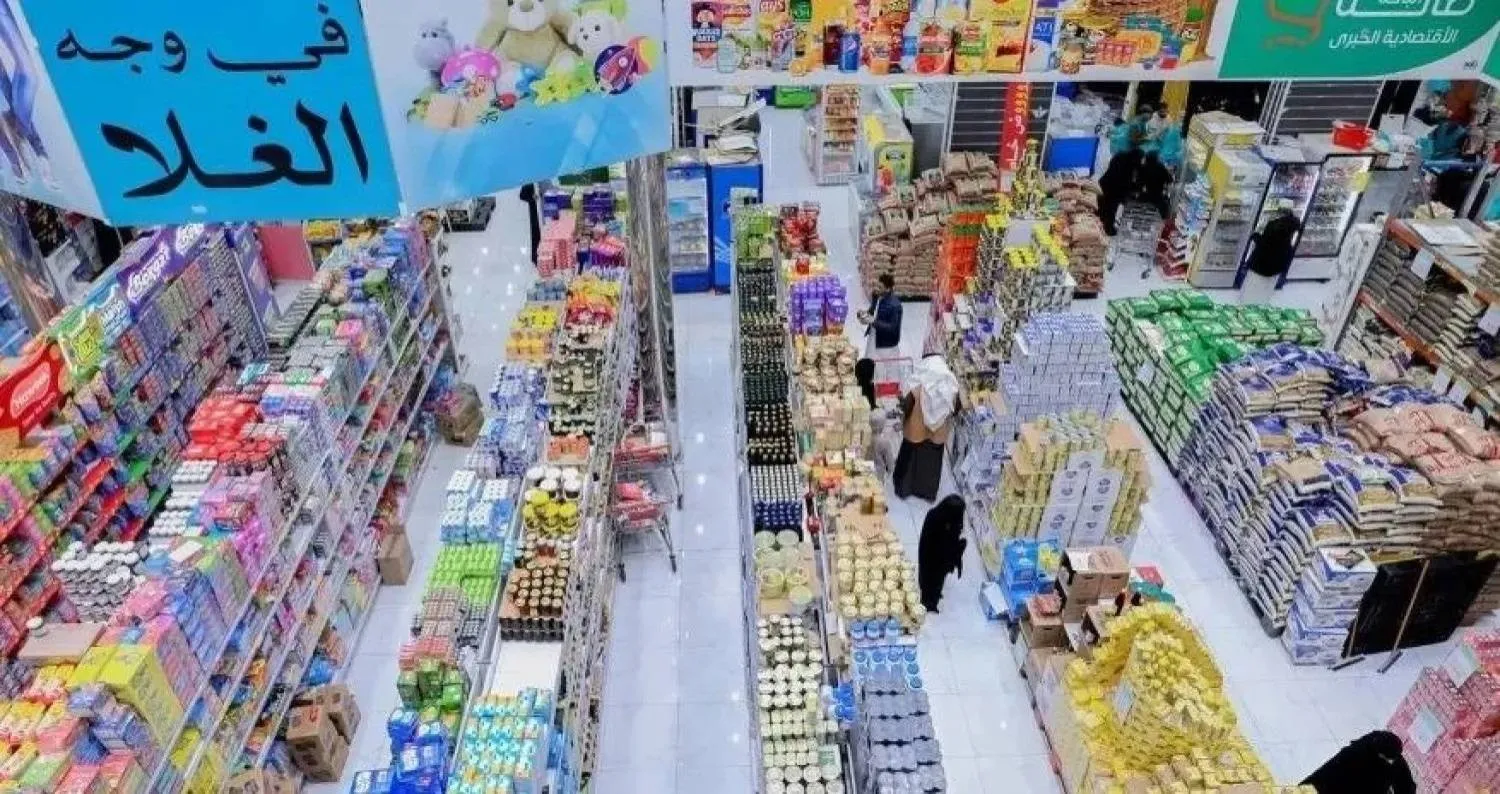The Saudi Arabian Monetary Authority (SAMA) revealed that electronic payments for the retail sector amounted to more than 36 percent of all payments available, exceeding the target percentage of the Financial Sector Development Program.
SAMA indicated that the program, one of Vision 2030 programs, stipulates that the share of non-cash transactions should be increased by 28 percent by 2020.
This achievement is based on SAMA's strategy for payment systems and the Financial Sector Development Program, which aims to enhance electronic payment and reduce cash handling to reach 70 percent of total payments in the Kingdom by 2030, for its many positive effects.
These include providing customers with excellent experience in facilitating payment processes, reducing cash transaction costs on the local economy, enhancing transparency in transactions, and direct impact on the efficiency of the national economy.
The reduction of cash transactions is one of the most important strategic objectives that SAMA has been working on during the past period through the completion of several initiatives, projects and investments in the digital payments sector in line with the objectives of the Program.
E-payment methods varied, with the card payments making the largest share of approximately 31.3 percent, while other means varied between payments platform “SADAD”, remittances and others.
SAMA pointed out that the record growth rates witnessed in the electronic payments through the national payment system “Mada”, which recorded unprecedented spikes in the number and value of purchasing transactions in the past years.
The growth rate until the end of September 2019 was about 50 percent.
SAMA pointed out that the growth indicators in the point of sale service were also accompanied by a noticeable expansion in the number of devices and their base of spread which included various commercial sectors. The total number of devices exceeded more than 407 thousand devices by the end of September 2019 compared to 107 thousand devices by the end of 2013.









